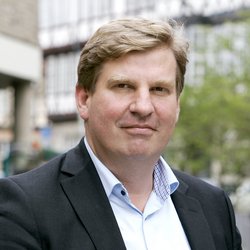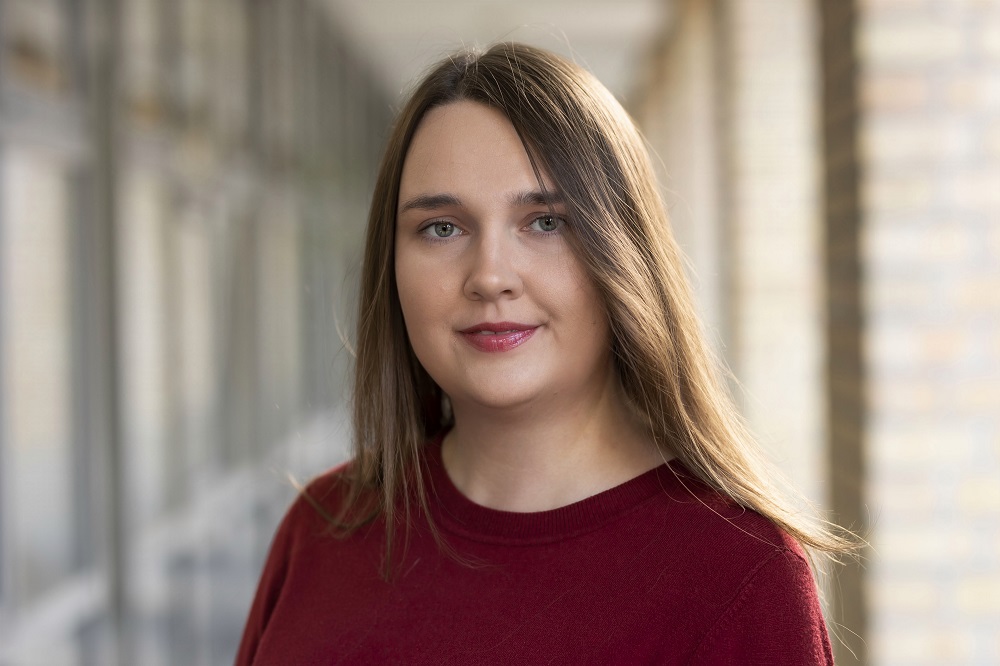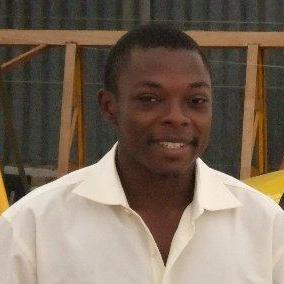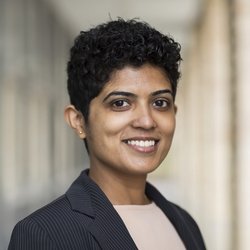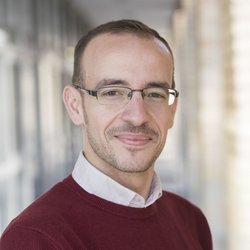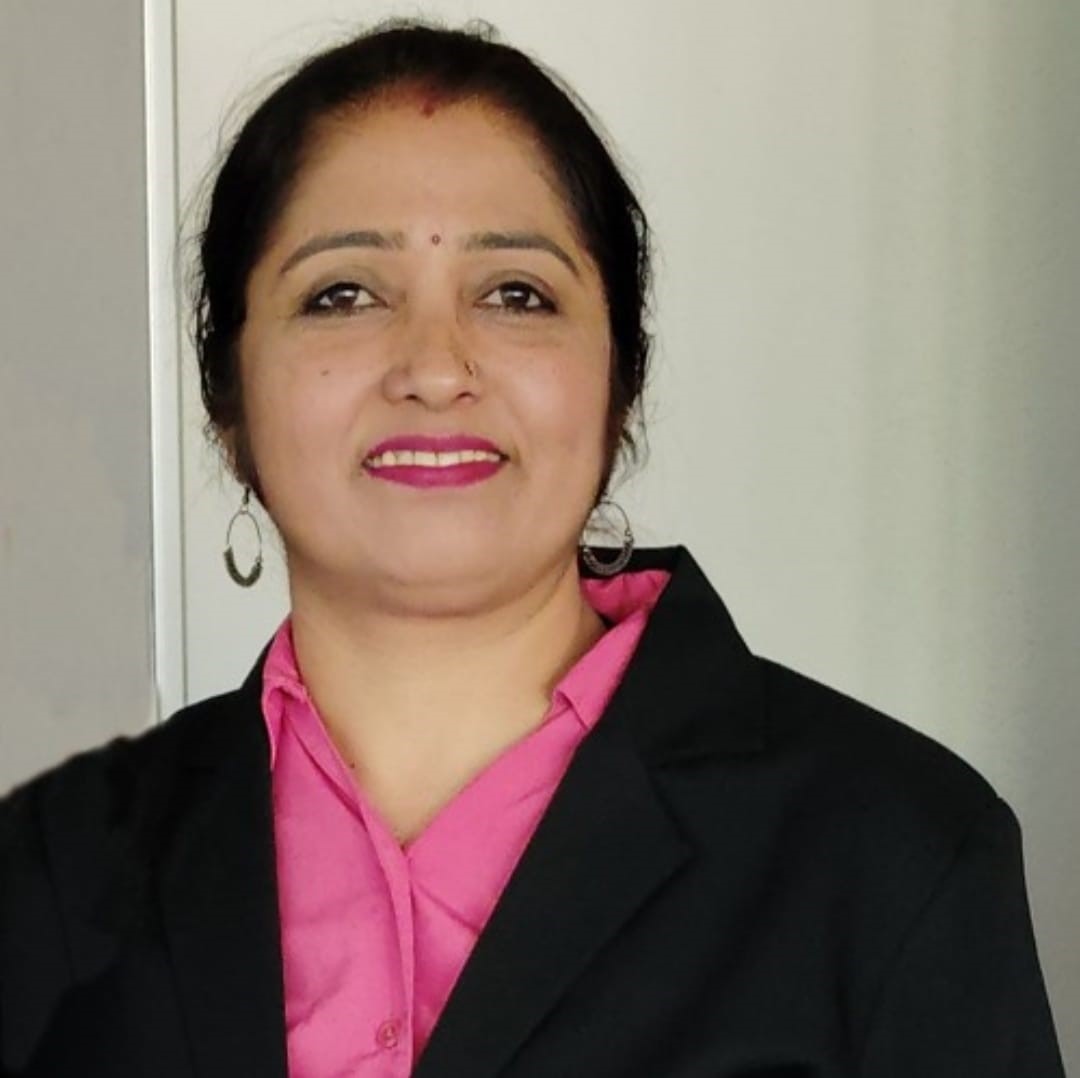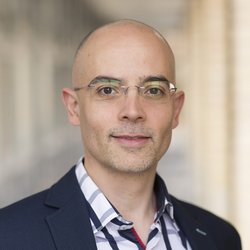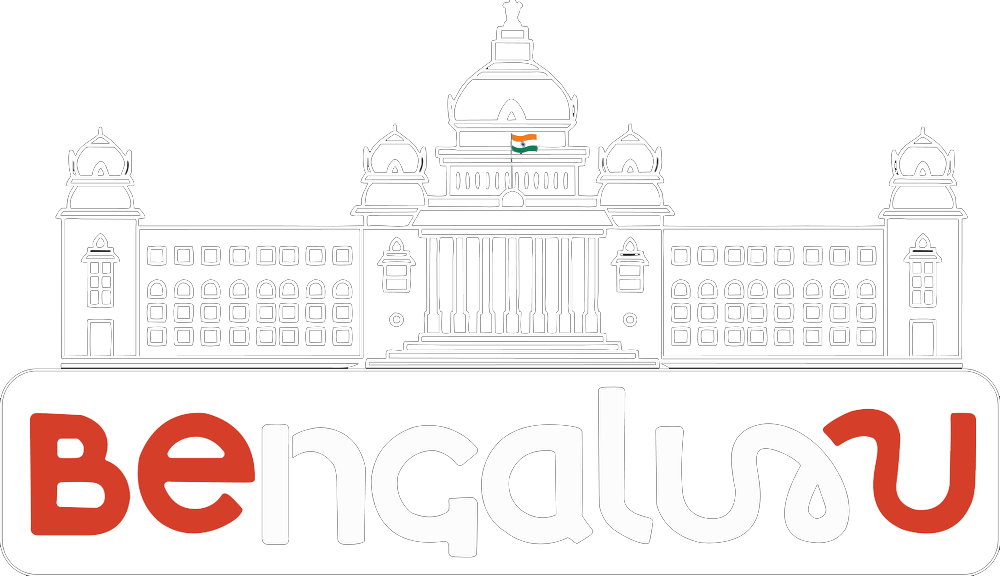Presenters
Sören Auer
Director TIB, Head of Research Group Data Science and Digital Libraries, Leibniz Universität Hannover.
Bio
Prof. Dr. Sören Auer following stations at the universities of Dresden, Ekaterinburg, Leipzig, Pennsylvania, Bonn and the Fraunhofer Society, Prof. Auer was appointed Professor of Data Science and Digital Libraries at Leibniz Universität Hannover and Director of the TIB in 2017. Prof. Auer has made important contributions to semantic technologies, knowledge engineering and information systems. He is the author (resp. co-author) of over 200 peer-reviewed scientific publications. He has received several awards, including an ERC Consolidator Grant from the European Research Council, a SWSA ten-year award, the ESWC 7-year Best Paper Award, and the OpenCourseware Innovation Award. He has led several large collaborative research projects, such as the EU H2020 flagship project BigDataEurope. He is co-founder of high potential research and community projects such as the Wikipedia semantification project DBpedia, the Open Research Knowledge Graph ORKG.org and the innovative technology start-up eccenca.com. Prof. Auer was founding director of the Big Data Value Association, led the semantic data representation in the Industrial/International Data Space, is an expert for industry, European Commission, W3C, the German National Research Data Infrastructure (NFDI) and the European Open Science Cloud (EOSC).
Anna-Lena Lorenz
Research and Development at TIB
Bio
Dr Anna-Lena Lorenz works in research and development at TIB, where she is responsible for community building for the ORKG.
Azanzi Jiomekong
Computer Science Researcher at the University of Yaounde, ORKG, Food & Personal Success.
Bio
Azanzi Jiomekong is a computer science researcher at the University of Yaounde 1 in Cameroon with an interest in knowledge engineering and the semantic web. He currently focuses on applications in the food and health domain and used his ORKG curation grant to document knowledge about food information engineering. Food information can be used in various settings, from clinical practices to public education. The papers on food composition tables he entered in the ORKG showed that food habits change over time and correspondingly, food composition tables should regularly be updated. His vision is to build a global food composition table including up-to-date knowledge about food and its composition as well as cultural heritage information. His proposed work at the dataset track of SemTab Challenge organized by ISWC 2022 got accepted. In addition, his work on the survey of “Food information engineering” at the AAAI new faculty research program was also accepted. ORKG will now be one of the platforms used for annotating, documenting and updating food knowledge.
Jennifer D'Souza
Postdoctoral Researcher on the Open Research Knowledge Graph project, Data Science and Digital Libraries group, TIB.
Bio
Dr. Jennifer D’Souza work as a postdoctoral researcher on the Open Research Knowledge Graph project in the Data Science and Digital Libraries group at TIB. My research is in the area of machine learning of natural language with project experience mainly in developing supervised machine learning techniques for natural language processing. I hold a PhD from the University of Texas at Dallas where my research focus was on relation mining from natural language text with a specific focus on time and space relations. I have since worked as a postdoctoral researcher at the University of California, Davis, where I studied the application of natural language processing techniques to software engineering tasks under the umbrella of the Naturalness of Software initiative. Following this and before joining TIB, I spent a brief period in a startup environment in industry developing concept discovery software solutions.
Kheir Eddine Farfar
Research Software Engineer, Open Research Knowledge Graph (ORKG).
Bio
Kheir Eddine Farfar is responsible for the frontend development of the Open Research Knowledge Graph (ORKG) project as a software developer and UI developer. My work involves using modern web development technologies, like React, Python/Flask, to provide the ORKG project a reliable and friendly user experience.
Previously, I was one of the core developers of a Learning Management System (LMS) offered as a SaaS product.
I received my PhD from the University of Annaba in Algeria where I had the chance to get in touch with semantic web concepts and explore Machine Learning. My research interests include Artificial Neural networks, Machine learning, Time series, Mobile and Web Development.
Sanju Tiwari
Professor, Computer Science & Applications (CSA), Sharda University, Greater Noida, India.
Bio
Dr. Sanju Tiwari is a Professor at Sharda University, Greater Noida, India, and a distinguished researcher in Artificial Intelligence, Ontology Engineering, Knowledge Graphs, and Linked Data. She is a former DAAD Post-Doc-Net AI Fellow (Germany, 2021) and conducted academic visits to several German universities in 2022. Dr. Tiwari was a Post-Doctoral Researcher at Universidad Politécnica de Madrid, Spain, in 2019, and serves as a user board chair for the ORKG Grant Program at TIB Hannover. She is a Google Summer of Code mentor at DBpedia, a Ph.D. co-supervisor at Rai University and Symbiosis Institute of Technology, and previously worked on a DRDO-sponsored defence project at NIT Kurukshetra. With over 100 research publications and six Scopus-indexed books, Dr. Tiwari holds key roles in international conferences and serves as a guest editor for SCI/Scopus journals. She is also an advocate for women in technology, speaking for platforms like IEEE/IETE N2Women and Nigerian Women in IT. Her contributions have taken her to various countries for research collaborations and mentorship. She has visited 7 countries (India, Spain, Portugal, Germany, Austria, France, Indonesia) to conduct different research activities.
Markus Stocker
Lead of Lab Knowledge Infrastructures, TIB Leibniz Information Centre, Science and Technology.
Bio
Dr. Markus Stocker lead the Lab Knowledge Infrastructures at the TIB Leibniz Information Centre for Science and Technology. I hold a PhD in Environmental Informatics from the University of Eastern Finland; a MSc in Environmental Science from the University of Eastern Finland; and a Diploma (MSc) in Informatics from the University of Zurich, Switzerland. My research interests lie at the intersection between research infrastructures and research communities, and how such infrastructures acquire, maintain, and share scientific knowledge about human and natural worlds. Prior to TIB, I held a postdoctoral research associate position at PANGAEA, the Data Publisher for Earth & Environmental Science, at the MARUM Center for Marine Environmental Sciences, University of Bremen, Germany. As a member of the Research Data Alliance (RDA), I co-chair the WG Persistent Identification of Instruments. I have several years of professional experience in software development and semantic technologies, and held positions at Hewlett Packard Labs, Bristol, UK and Clark & Parsia, Washington DC, USA. I enjoy working together with scientists and have experiences with aerosol scientists, biogeochemists, and agricultural scientists. I collaborate with environmental research infrastructures, in particular ACTRIS (European Research Infrastructure for the observation of Aerosol, Clouds, and Trace gases), ICOS (European Integrated Carbon Observation System) and NEON (US National Ecological Observatory Network).
Abstract: Due to limited structure, it is challenging for machines to access and process scientific knowledge. Scientific knowledge graphs have emerged as a potential solution for this issue. However, building such a knowledge graph demands significant manual effort and expertise in the respective domains, making the process time-consuming and cumbersome. Despite advancements in digital accessibility to scientific knowledge over recent decades, scholarly communication is still based on documents and managed by document repositories.
The Open Research Knowledge Graph [1] (ORKG, https://orkg.org/) as a FAIR Supporting Service, tackles the current challenge by offering research communities an easily accessible and sustainably managed infrastructure. It serves as a framework for creating, curating, publishing, and utilizing FAIR scientific knowledge and aims to shape a future scholarly publishing and communication where the contents of scholarly articles are FAIR research data. ORKG provides libraries for Python and R that enable loading or producing ORKG content in computational environments. Additionally, ORKG features various generic services that make use of FAIR scientific knowledge [2]. One of the prominent service is the ORKG comparison, which automatically compares research contributions of selected articles. Other services include knowledge visualization, thematic reviews, and observatories as virtual spaces for knowledge organization.
Topics to be covered in the tutorial:
- ORKG Introduction
- Methodology
- ORKG Services
- Contributions
- Comparisons
- Visualization
- Smart Review
- Templates
- Ask
- Reborn Articles
- Observatories
- Hands-on Practice with the ORKG
Duration: Half day
Target Audience: Students, Faculty, Researchers.
References:
- Auer, S., & Mann, S. (2019). Towards an open research knowledge graph. The Serials Librarian, 76(1-4), 35-41.
- Auer, S., Stocker, M., Karras, O., Oelen, A., D’Souza, J., & Lorenz, A. L. (2023, September). Organizing scholarly knowledge in the Open Research Knowledge Graph: an open-science platform for FAIR scholarly knowledge. In Proceedings of the Conference on Research Data Infrastructure (Vol. 1).
